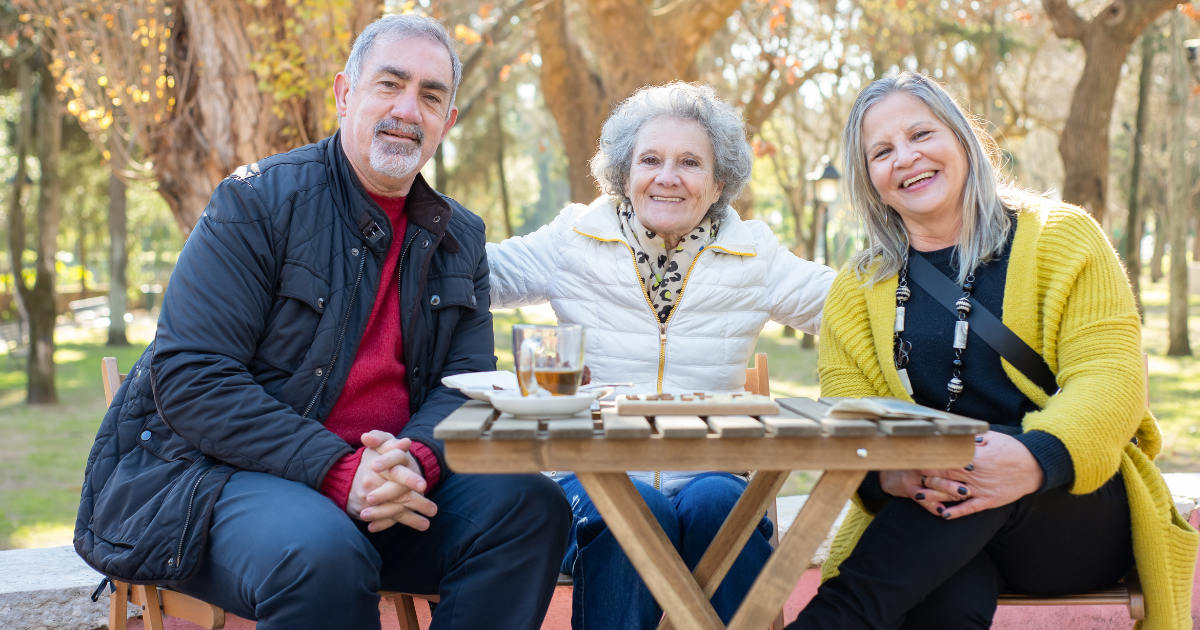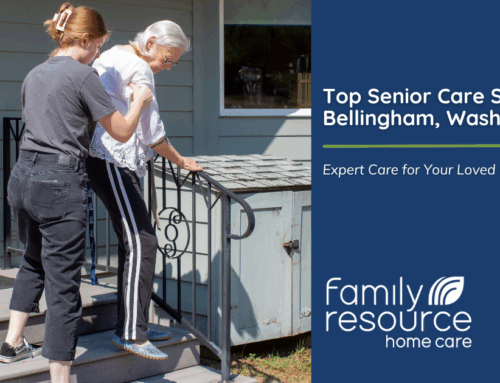As we age, maintaining social connections becomes increasingly important for our overall well-being. Friendships provide companionship, support, and joy, which can greatly enhance our quality of life. Here’s a guide to help the elderly make, maintain, and reconnect with friends, along with suggestions for caregivers to facilitate social interactions:
Making Friends:
- Explore Community Activities: Participate in local community centers, senior centers, or clubs that align with your interests, such as book clubs, gardening groups, or art classes. These settings provide opportunities to meet like-minded individuals.
- Utilize Technology: Embrace social media platforms or online forums geared towards seniors to connect with others virtually. Websites like Meetup.com offer various interest-based groups where you can meet new people.
- Attend Social Events: Attend events organized by religious institutions, neighborhood associations, or recreational facilities. These gatherings provide a relaxed environment for meeting new acquaintances.
- Be Open and Approachable: Smile, initiate conversations, and show genuine interest in others. Small gestures like asking someone about their day can pave the way for meaningful connections.
Maintaining Friendships:
- Regular Communication: Stay in touch with friends through phone calls, video chats, or handwritten letters. Consistent communication helps nurture relationships and prevents feelings of isolation.
- Plan Regular Outings: Schedule regular outings with friends, such as walks in the park, coffee dates, or attending cultural events. These shared experiences strengthen bonds and create lasting memories.
- Offer Support: Be there for your friends during challenging times by offering a listening ear, practical assistance, or emotional support. Demonstrating empathy and compassion strengthens the bond of friendship.
- Celebrate Milestones: Acknowledge birthdays, anniversaries, and other significant events in your friends’ lives. Sending a thoughtful card or arranging a small celebration demonstrates your appreciation for their friendship.
Reconnecting with Old Friends:
- Reach Out: Take the initiative to reconnect with old friends by sending a heartfelt message, making a phone call, or arranging a meet-up. Express your desire to reconnect and reminisce about shared memories.
- Attend Reunions or Gatherings: Attend class reunions, family gatherings, or alumni events where you’re likely to encounter old friends. These settings provide a natural opportunity to rekindle friendships.
- Be Persistent but Respectful: Understand that some friends may have drifted apart due to life circumstances or personal reasons. While it’s important to make an effort to reconnect, respect their boundaries and decisions.
Caregiver’s Role in Facilitating Social Interaction:
- Provide Transportation: Offer transportation assistance to elderly individuals who may face mobility challenges. Ensure they have access to transportation for attending social events or meeting friends.
- Offer Companionship: Accompany elderly individuals to social gatherings to provide support and companionship. Your presence can boost their confidence and encourage social interaction.
- Encourage Participation: Encourage elderly individuals to participate in social activities by highlighting the benefits of social engagement for their overall well-being. Offer assistance in finding suitable social opportunities.
Overcoming the “I Don’t Need Friends” Mindset:
- Recognize the Importance of Social Connections: Understand that maintaining social connections is vital for emotional, mental, and physical health, especially in later years.
- Start Small: Begin by reaching out to acquaintances or attending low-pressure social events. Gradually, you may feel more comfortable and open to building new friendships.
- Challenge Negative Thoughts: Challenge negative beliefs about friendships by focusing on the positive aspects and benefits they bring to your life. Surrounding yourself with supportive friends can enrich your life in numerous ways.
- Seek Professional Support if Needed: If feelings of loneliness or reluctance to make friends persist, consider seeking support from a counselor or therapist who can provide guidance and assistance.
Conclusion
Nurturing friendships and social connections is essential for the elderly to combat loneliness, maintain mental well-being, and enjoy a fulfilling quality of life. With over 30 locations across Washington, Oregon, and Idaho, including our resource hub in Bellingham, WA, we are always ready and willing to support seniors in their journey to actively engage in social activities, reach out to old friends, and embrace new opportunities, helping them cultivate meaningful relationships that enrich their lives for years to come while caregivers play a crucial role in facilitating these interactions and providing support along the way.
Sources:
How to Make Friends as an Adult (verywellmind.com)
How to Reconnect With An Old Friend Without Making It Awkward (verywellmind.com)
I Have No Friends: Here’s What to Do (verywellmind.com)
‘I Don’t Need Friends’: Why You Might Feel This Way (verywellmind.com)






